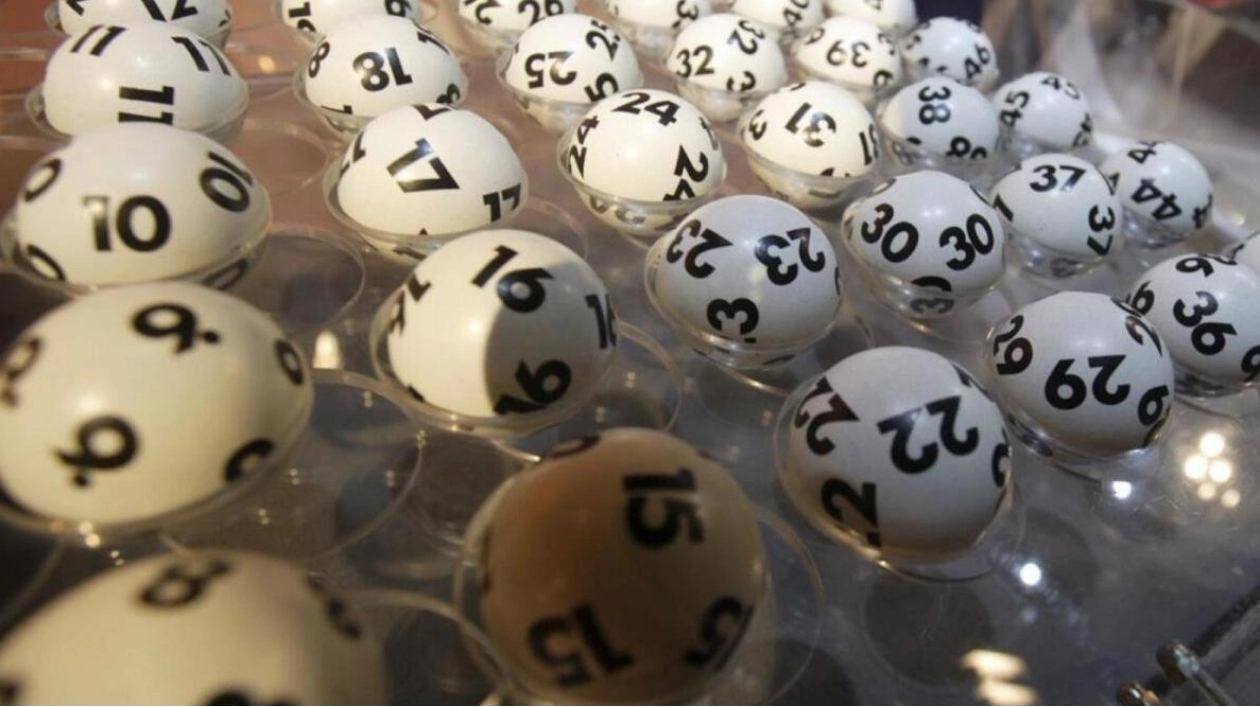Image used for illustrative purposes. Photo: File
When residents sign up for the UAE Lottery, they receive a comprehensive email emphasizing the significance of responsible gaming. A spokesperson for The Game LLC, the company behind the UAE Lottery, informed Khaleej Times that this email contains crucial advice to safeguard players from harmful gaming habits. According to the UAE's General Commercial Gaming Regulatory Authority (GCGRA), problematic gaming is characterized by 'reckless, impulsive, or compulsive engagement with gaming, indicating a lack of control and responsibility.'
The UAE Lottery operator places a high priority on responsible gaming in all promotions, implementing age verification, self-exclusion programs, and encouraging spending limits. 'It equips players with resources, online tools, and well-being support initiatives to help them manage their gaming behaviors and make informed choices,' the spokesperson explained. The company has also collaborated with Takalam, an online platform offering mental health support, to assist participants who feel gaming may be impacting their well-being.
The UAE's inaugural lottery operation was officially launched last week, featuring a Dh100 million jackpot. This followed a 'thorough evaluation process' to ensure the UAE Lottery's operations align with the GCGRA's 'stringent regulatory standards,' which include promoting responsible gaming. The GCGRA enforces 'responsible practices across every aspect of the gaming experience,' from game design to marketing strategies and player support services. The authority emphasizes that gaming should be a form of entertainment and leisure, not a means to generate income.
'Problematic gaming can affect anyone from any background, transforming a fun source of entertainment into an unhealthy activity that may lead to personal, financial, and social consequences,' the GCGRA states on its website.
Player Controls
The GCGRA mandates operators to provide player empowerment tools. The Game offers three such tools:
Deposit limits: These can be daily, weekly, or monthly limits. Once the limit is reached, no additional deposits can be made until the limit period ends.
Time-out: Participants can choose a break ranging from 72 hours to six weeks. During this time, they will not be able to access their account or receive any marketing materials.
Self-exclusion: This is a longer break, with players having the option to suspend their account for six months to five years. They can also opt for a permanent exclusion. 'During this period, you will be able to log in to check your play history and withdraw funds, but you will not be able to deposit or play any games,' the UAE Lottery operator explained.
How to Spot Problematic Gaming
According to the GCGRA, those addicted to gaming will struggle to stop despite wanting to quit. They will also wager far beyond their financial means, 'gradually increasing the amount of money and stakes.' They will engage in 'chasing losses'—continuing to play in hopes of recovering previous losses. They may also borrow money to play or pay off gaming-related debts, leading to financial instability and accumulating debts.
Other key signs outlined by the GCGRA include:
Spending excessive time on gaming sites or at locations where gaming is prevalent
Boasting about gaming successes while downplaying losses
A loss of interest in other hobbies and missing social events
Allocating a significant portion of free time and finances to gaming
Withdrawal from responsibilities, such as unexplained absences from work or social gatherings
Mood swings related to gaming activities
Source link: https://www.khaleejtimes.com






